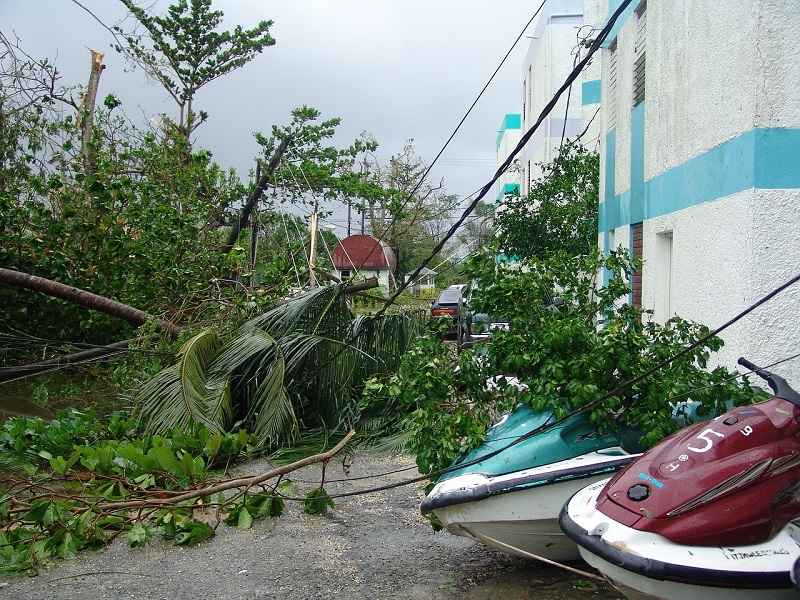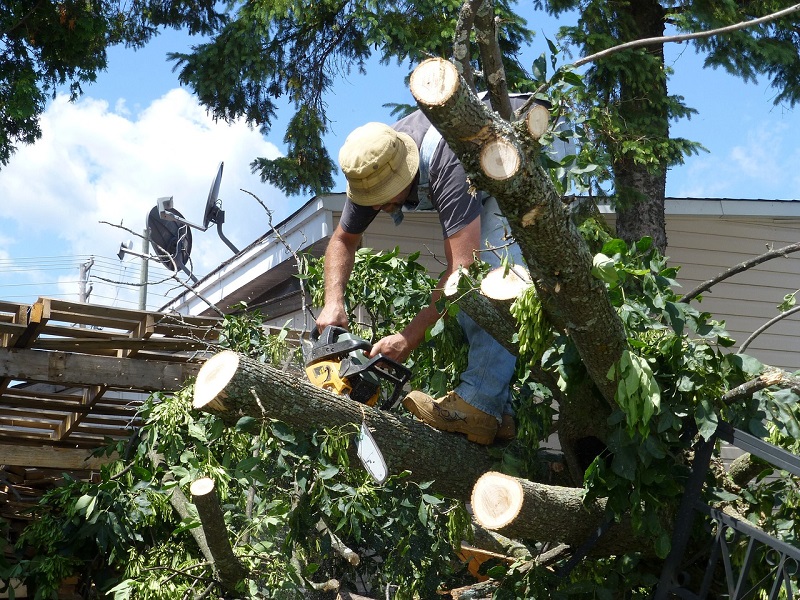Disaster Preparation Tips for Short-term Rentals
Vacation and short-term rentals require full time effort and service to be profitable. This is especially true in highly competitive or complicated market situations, including that of a natural disaster. Partnering with a professional property manager who knows the area’s challenges, has built a dependable network of resources, and takes action will lead to a more successful operation. Plus, the wealth of knowledge from an experienced staff of local professionals makes all the difference in identifying areas of deficiency, taking preventative measures, and protecting assets. Read on for disaster preparation tips and reach out with any questions.
Disaster Preparation Tips: What Should STR Owners Do?

Natural disasters can strike in an instant. Most times, there is some advanced notice of the dangers that may come. Knowing what to do and preparing to act is key to avoiding a catastrophe.
Have an emergency supply kit.
Food, water, and enough basic supplies (First-aid kit, flashlights, batteries, radio, and signal whistle) to last several days in the event of a power outage. Consider your family’s needs, including medications, babies, seniors, and pets. View this checklist to build a personalized kit. In addition, include insurance policy information, household, and business records.
Prep the building.
If time allows, readying the building for storms greatly reduces hazards and damage. Secure loose items, décor, and fixtures by bringing them inside. Board up windows with fitted plywood or fasten storm shutters and doors. Store items like furniture and appliances as high as possible off the floor or on a higher level if the area is prone to flooding. Unplug appliances and shut off electricity. Shut off the water and gas supply lines. If all else is taken care of, a quick video walk-through might help with the claim process if needed.
Don’t wait to evacuate.
If an evacuation order is issued, go.
Assess the damage.
Once the area has been deemed safe by local authorities, re-enter buildings for an inspection of any hazards or potential dangers, and initial damages. Electrical systems, water and sewer systems, and natural gas lines may present challenges that are not immediately apparent. Additionally, larger storms may require additional inspections as debris is cleared. A thorough search of the building, including all areas that might have been damaged like fixtures and contents will be required.

Contact the insurance company.
To begin the claim process, call your agent as soon as possible. Document all damages with time/date stamped photography and share them with the insurance adjuster before beginning any restorations. The claims adjuster will likely schedule a site visit to further assess damages.
Begin rehabilitation work.
Having a team of dedicated experts can help ease the burdensome tasks of the restoration process and ensure timely repairs with minimal impact on the rental’s income. Contact an iTrip rental property manager to list a property.
In the meantime, here are immediate action items to consider:
- Review your policy and coverage: An insurance check-up should be a top priority, especially with many of the current changes and omissions happening within the insurance industry. Access to post-storm resources including adequate financing to repair and rebuild is crucial to a successful recovery.
- Stock up ahead of time: In addition to having an emergency supply box, stockpile goods like generators and water jugs that may be in short supply before, during, and after a storm.
Want to increase reviews? Consider these upgrades for short-term rentals.
Article by: Valerie Goodman, iTrip Operations Account Manager
